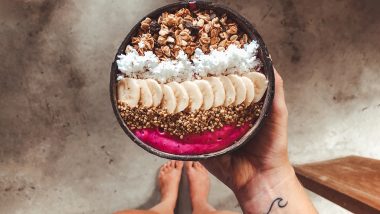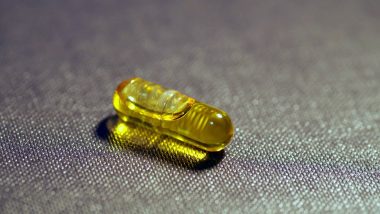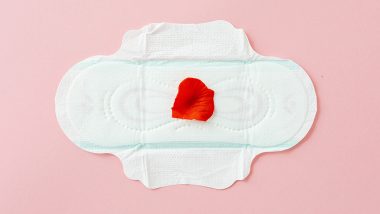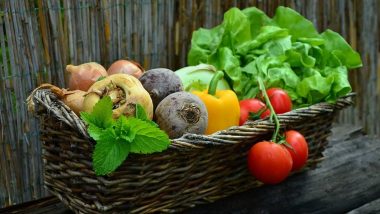We know it is impossible to cure mental health issues such as depression, anxiety, bipolar and other conditions with diet alone. Neither consuming certain types of food will ease out the symptoms or instantly elevate your mood. But a healthy diet can surely make it easier for your body to heal sooner. A treatment that also involves a healthy and complete diet helps your body fight any kind of health issue better. World Mental Health Day 2019 will be celebrated on October, 10 and it aims at increasing awareness about various mental health conditions, treatment options, diagnosis. It also aims at curbing the stigma attached to mental health. This Mental Health Day let's discuss the importance of diet in the treatment. Here are certain food-groups known to be good for your mental well-being:
Antioxidant-Rich Foods
Antioxidant-rich foods such as green tea and other superfoods, not only prevent cell damage and slow down ageing but are also known to be great for mental well-being. Antioxidant-rich foods help slower the destructive effects of free radicals and also help elevate moods. Some foods include, apricots, broccoli, carrots, collards, peaches, blueberries, broccoli, grapefruit, oranges strawberries, tomato, nuts and seeds, vegetable oils and wheat germ. World Mental Health Day 2019: How Someone's Language Can Show Signs of Suicidal Tendencies.
Carbs
Carbs help provide energy to your body, but when consumed in excess can have negative effects on your body and even lead to weight gain. However, consuming carbs smartly and in smaller quantity can have amazing calming effects. Carbs contain mood-boosting brain chemical, serotonin. Healthy carbs include, fruits, dark chocolate, etc.
Protein-Rich Foods
Protein has always been considered a great muscle-building nutrient, however, it can also boost alertness.Protein-Rich Foods is known to provide energy and help clear your mind. Protein sources such as tuna, and chicken have an amino acid called tryptophan, which may help you make serotonin that is known to be good for your mental well-being as well. Good sources of healthy proteins include beans and peas, fish, milk, soy products, and yoghurt.
Vitamin D
Low levels of vitamin D has been linked with depression and other mental health conditions in various studies. Getting your vitamin D levels checked should be the start and then you can replenish by soaking in the sunshine vitamin or consuming vitamin D-rich foods. If your doctor prescribes, you can also opt for vitamin-D supplements.
Omega-3 Fatty Acids-Rich Foods
Scientists have found a connection between omega-3s and depressive disorders in people. It is said that people who don't often eat fish, a rich source of these fatty acids, are more likely to have depression. Omega-3s are good for your heart as well. You might want to include the nutrient in your diet for reasons more than one.
Selenium-Rich Foods
Low selenium has been linked to mood swings. The RDA for selenium is 55 micrograms and including healthy sources of the mineral can offer calming effects. Although you must not consume selenium in excess. Some amazing sources of selenium are beans, legumes, lean meat, dairy products, brazil nuts, oysters, clams, freshwater fish and brown rice.
(The above story first appeared on LatestLY on Oct 08, 2019 05:08 PM IST. For more news and updates on politics, world, sports, entertainment and lifestyle, log on to our website latestly.com).













 Quickly
Quickly




















